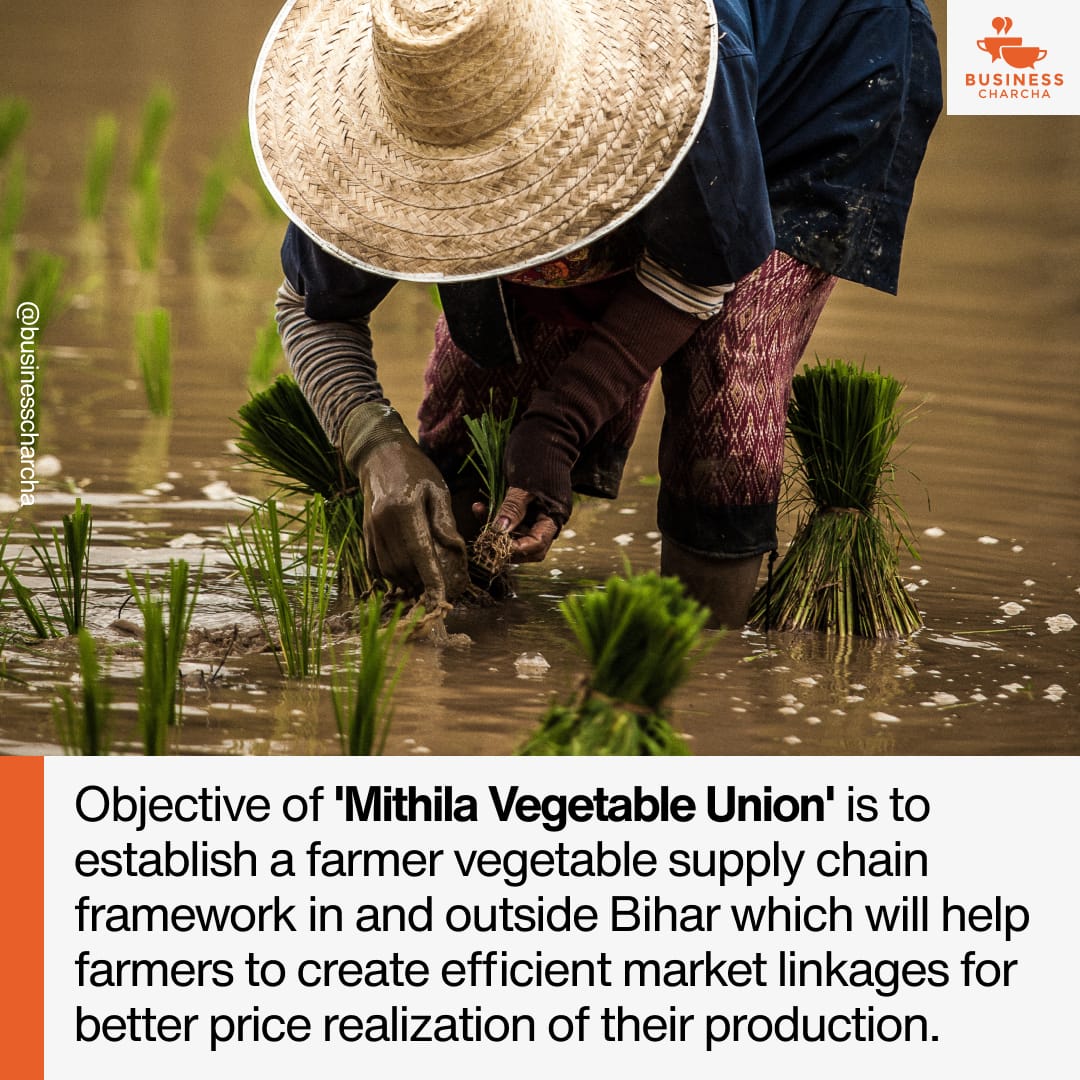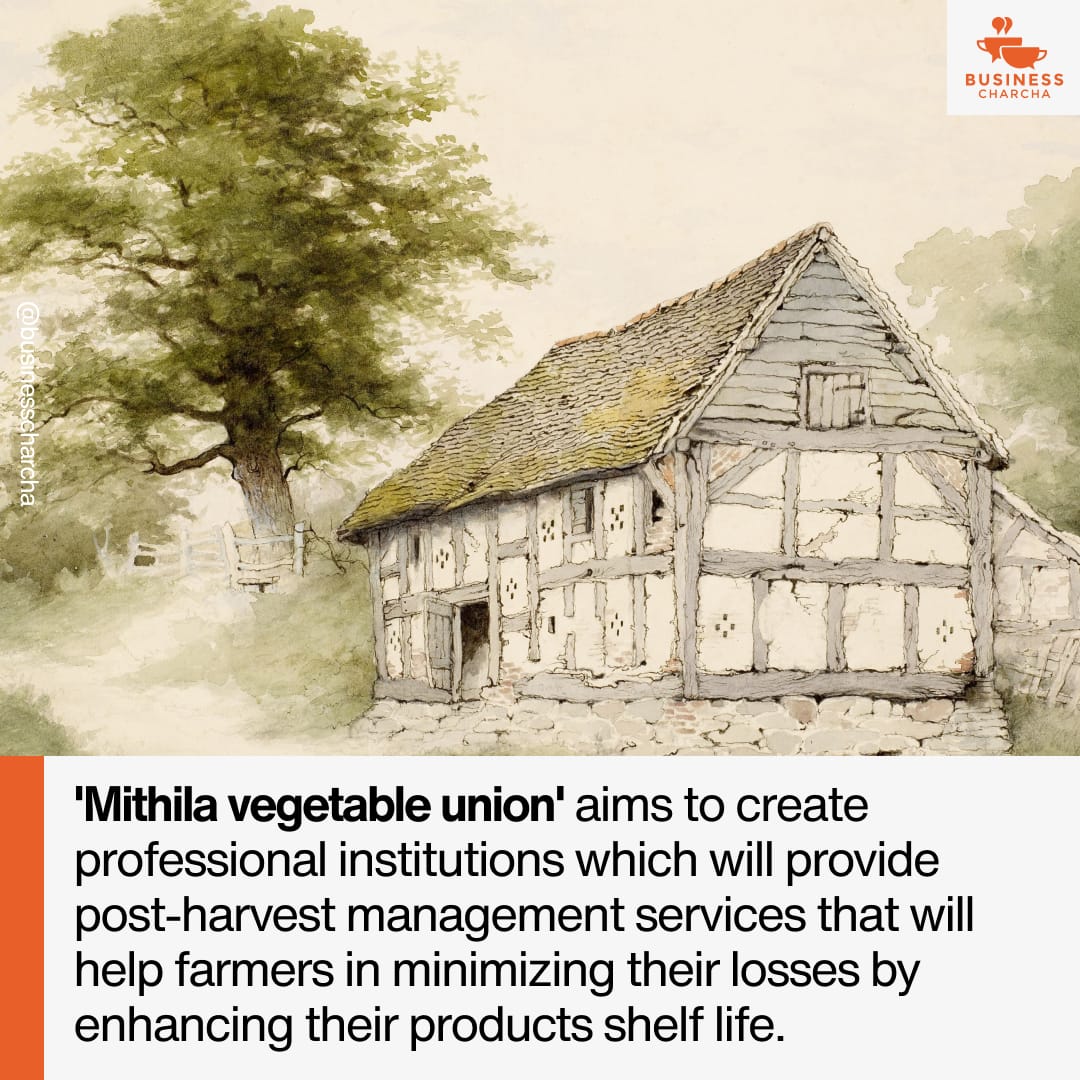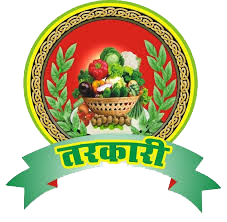| Founder(s) | Madhavendra Kumar Thakur, Chairman |
| Date of Establishment | 20th February 2021 |
| Industrial Sector | Agriculture and Farming |
| Headquarter | Darbhanga |
| Presence | Presence in Darbhanga, Madhubani, Saharsa, Supaul |
| Awards and Recognition | -- |

With food being the crowning need of mankind, much emphasis has been on commercialising agricultural production. For this reason, adequate production and even distribution of food has of late become a high priority global concern. Agricultural marketing is mainly the buying and selling of agricultural products. In earlier days when the village economy was more or less self-sufficient the marketing of agricultural products presented no difficulty as the farmer sold his produce to the consumer on a cash or barter basis.
Today's agricultural marketing has to undergo a
series of exchanges or transfers from one person to another before it reaches
the consumer. There are three marketing functions involved in this, i.e.,
assembling, preparation for consumption and distribution. Selling on any
agricultural produce depends on some couple of factors like the demand of the
product at that time, availability of storage etc. The products may be sold
directly in the market or it may be stored locally for the time being.
Moreover, it may be sold as it is gathered from the field or it may be cleaned,
graded and processed by the farmer or the merchant of the village. Sometime
processing is done because consumers want it, or sometimes to conserve the
quality of that product. The task of distribution system is to match the supply
with the existing demand by whole selling and retailing in various points of
different markets like primary, secondary or terminal markets. Most of the
agricultural products in India are sold by farmers in the private sector to
moneylenders (to whom the farmer may be indebted) or to village traders.
The sale of agricultural commodities can occur
only in the mandis through auction. The sales process in mandis is regulated
through commission agents (CAs) who mediate between the farmers and
traders. Over half of the farmers, (57%) are unhappy with the mandi
system of sale.
The reasons are exploitation by mediators,
lower price realisation, lack of transparency in the trading process,
collusion among traders, price cartelisation, delay in payments and low quality
of mandi infrastructure. The delay in payments to the farmers ranges from
three to fifty days. Instant payment is made only after deducting the interest
on loans obtained by farmers from mediators. The payment delay forces the
farmers to depend on borrowing from mediators, local money lenders and savings
for their daily expenses.
Most farmers depend on mediators for credit,
price information, transportation and storage. This suggests that farmers’
ability to take advantage of the new trading opportunities depends on the
institutional conditions that control farm production. Therefore, there is a
need of something that support and empower the farmers and reduce their
dependence on mediators for agricultural support services. Then, the goal of freeing
up the farmers from the clutches of mandis would become easier to achieve.
Middle-men are everywhere there need to be something to end the middle-men.
As we have a tradition of agricultural
production, marketing and allied commercial activities, now it is the time for
us to brainstorm and come out with new ideas of value-added services. These
value-added services will give the existing agricultural engine a new
dimension. That will prevent the farmer from being exploited by the middle-men.
Because of all this the demand for digitisation
in Indian agriculture is well-understood and acknowledged. The need of the
professional guidance for post-harvest management services and efficient market
linkages to the farmers for better price realization for their production is
also seen. There is requirement of a solution which not only help farmers from
being exploited by middle-men but also help in bridging market inadequacies.
MITHILA VEG UNION
Introducing MITHILA, started in 2021 "Mithila
Veg Union" formed more than 50 Primary vegetable cooperative Societies
with more than 2000 active members in the said region. Mithila Vegetable
Processing and Marketing Co-operative Union Ltd is formed under the aegis of
Bihar State Vegetables Processing and Marketing Scheme, Department of
Co-operative, Government of Bihar.
While most aggrotech start-ups in India focus
just on farmers, Mithila's USP (unique selling preposition) is that they
focus on the entire value chain consisting of vegetable growers, vegetable
processors, arhatiyas, and other mandi participants.
WHAT WE DO-
- To create a professional institution which
provide post-harvest management services.
- To provide permanent marketing centres which
help in bridging market inadequacies.
- To create efficient market linkages to the
farmer for better price realization for their production.
- To ensure maximum outreach and impact at the
base level through formation of three-tier cooperative structure to mobilize
farmers and build their capacity.
OBJECTIVES-
- To Establish a farmers vegetable supply chain
framework in and outside Bihar.
- Value addition by processing packaging and
branding the product.
- Increase in vegetable production and
productivity in the state.
- Bridging the demand and supply gap of fresh and
quality vegetables and providing training and extension services to the
vegetable growers.
- Minimizing the post-harvest losses by enhancing
the product shelf life.
By creating an ecosystem for vegetable
businesses to partner with multiple stakeholders and putting necessary
infrastructure like Gramin Mandi, cold chain network in every primary vegetable
cooperative society to reduce vegetable wastages.
You can easily contact us through-
Email: - mithilaunion@tarkaari.in / mithilavegunion@gmail.com
-
-

-

-
 Kala Niketan Nov 24, 2022
Kala Niketan Nov 24, 2022 -






